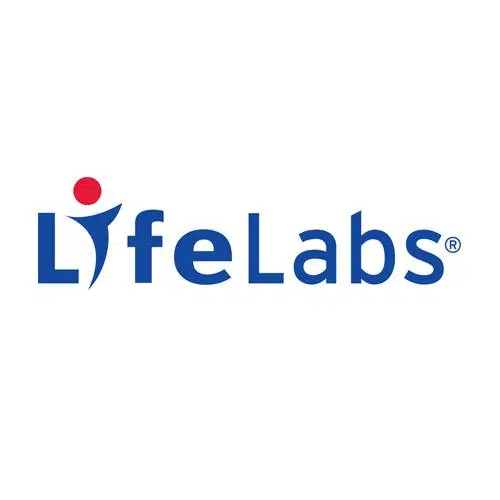
Lifelabs customers in Kamloops could be impacted after a massive data breach by hackers.
The company says it paid a ransom to hackers to get its data back, but says “an unknown number” of its 15 million users in Canada have had their personal information stolen, including health card numbers, names, emails, birth dates and login information for Lifelabs.
Lifelabs has four clinics in Kamloops; most of its clinics are in B.C. and Ontario. At least 85,000 people in Ontario have had their information stolen, but it’s unclear if customers have in any other locations.
In a conference call with reporters, B.C. Health Minister Adrian Dix says the government was made aware of the breach on October 28th, and on November 7th it was confirmed that British Columbians were among those who had their personal information stolen.
He was asked about the delay in informing the public.
“Naturally, all of us would’ve wanted immediately for people to be informed as quickly as possible. But with there being concerns of secondary attacks and securing information. So the only reason there was a delay, was to ensure that information that hadn’t been compromised wouldn’t be compromised,” he says.
“Lifelabs asked for that period of time, because they required that to go and ensure, in respect to the data, that it was secured and to take the steps they needed to ensure there weren’t secondary attacks on their system.”
Dix says 34 per cent of all lab testing in B.C. is done by Lifelabs. He did not say how many people may have been impacted by the breach.
“In British Columbia, that (breach) included things such as names but also personal health numbers and other information that was compromised. And that’s why we didn’t say those numbers, four or five million British Columbians, even though in any given year not that many people go to Lifelabs.”
The company says in a statement that cyber security firms have advised that the risk to customers is low, and that no customer information has been made public at this point. It is now offering one year of free protection for customers, which includes dark web monitoring and identity theft insurance.
– with files from The Canadian Press















